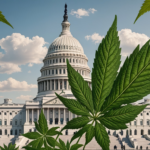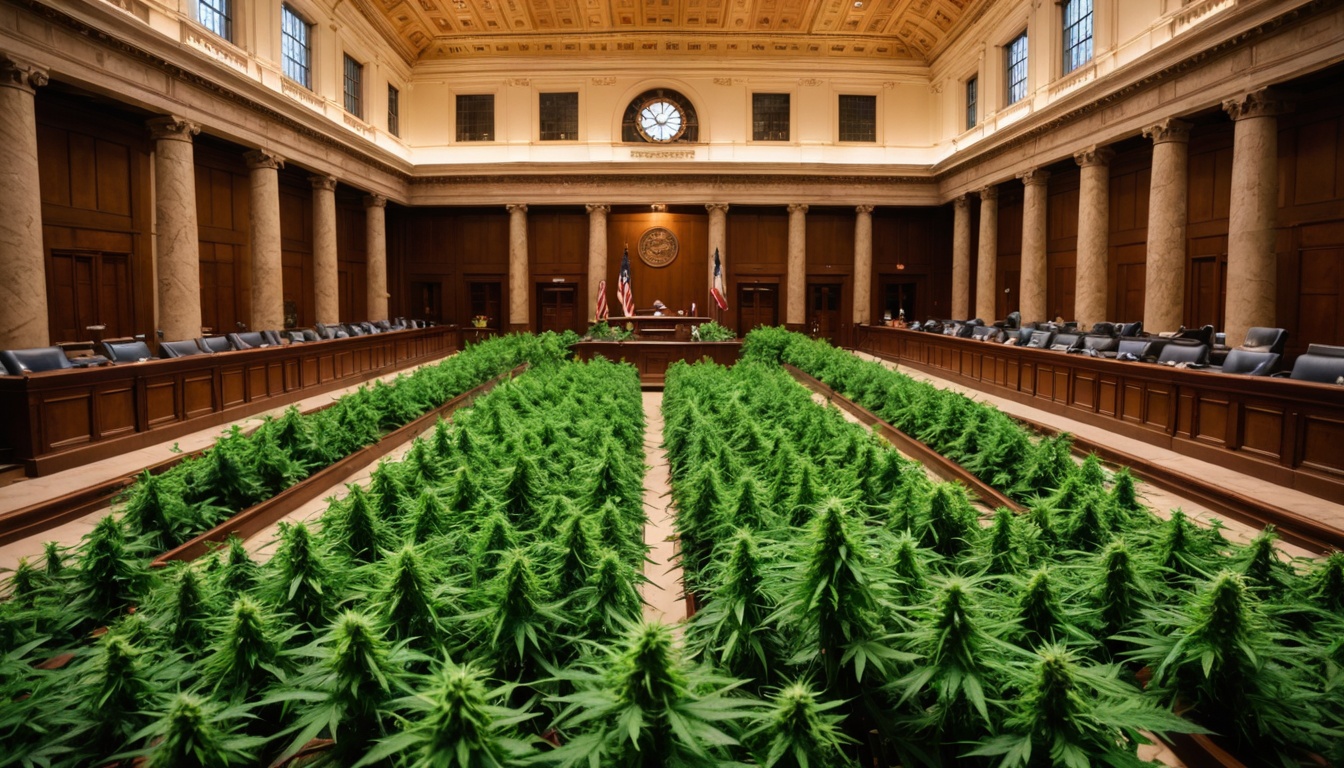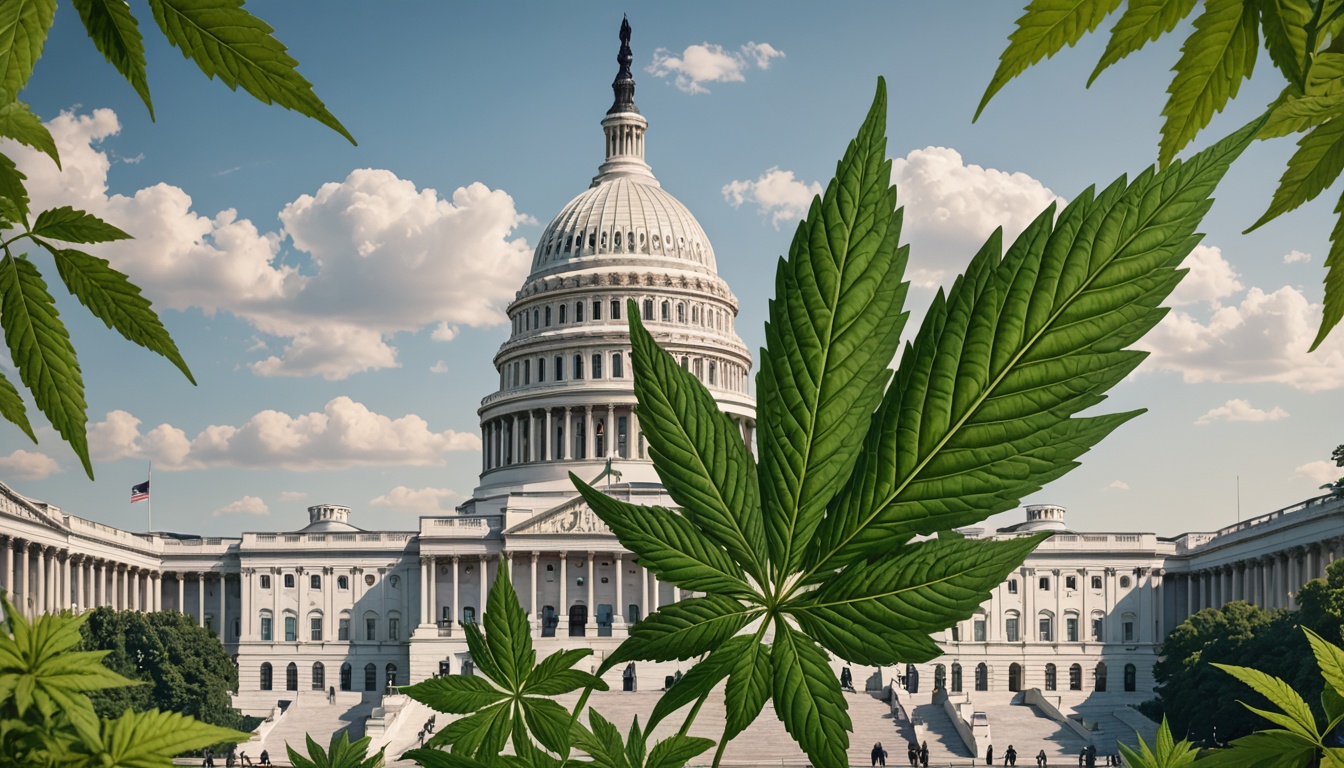Indiana Lawmakers Look to Michigan and Illinois as Guides for Marijuana Legalization with Right Regulations
Despite the Republican supermajority in Indiana, lawmakers Sue Errington (D) and Jim Lucas (R) are working together to legalize marijuana in the state. Errington, a progressive, and Lucas, a conservative, agree that the state’s neighboring states, which have already legalized marijuana, are a model for Indiana to follow.
One study found that Indiana could profit $171 million from taxing marijuana, similar to Colorado’s model. Lucas, who has had personal experiences with marijuana, believes that legalizing it would be a step towards providing relief for those suffering from medical conditions. He recalls an elderly Vietnam veteran who came to him, grateful for his work on marijuana legalization, saying, “I am tired of feeling like a criminal.”
Errington, who initially only supported medical marijuana, changed her mind after hearing stories from constituents about the benefits of adult-use marijuana. She believes that legalizing it would provide an additional source of revenue for the state, which could be used to fund programs such as preschool and kindergarten, substance abuse centers, and more.
Michigan and Illinois, which have already legalized recreational marijuana, offer different models for Indiana to consider. Michigan’s Cannabis Regulatory Agency manages business applications, types of businesses, and more, and regulates through different licensing groups. Illinois, on the other hand, allocates its tax revenue to public education and safety campaigns, the Local Government Distributive Fund, the Recover, Reinvest and Renew (3R) Program, mental health services, and substance abuse programs.
Errington proposes a framework marijuana bill that would set up the legal framework and regulatory framework for cannabis, with a three-year timeline for legalization. Lucas wants to ensure that regulation is in place to create a safe industry, but not so large that it allows a black market to thrive.
Economist Michael Hicks believes that implementing a tax on marijuana would be straightforward, as it would require a roadmap leading to a regulatory framework. He notes that the legalization of marijuana could follow a similar path to the legalization of alcohol, with states changing their restrictions one by one.
As lawmakers continue to push for marijuana legalization, Errington plans to pitch another bill in the 2025 legislative session, and Lucas encourages his fellow Republicans to educate themselves on the benefits of marijuana legalization.












